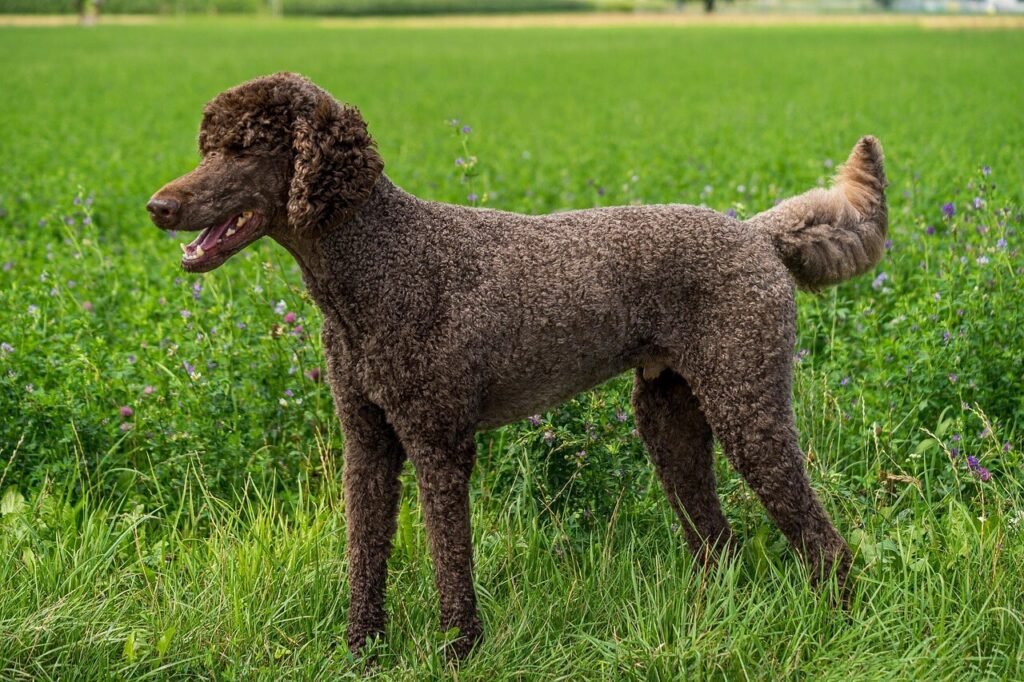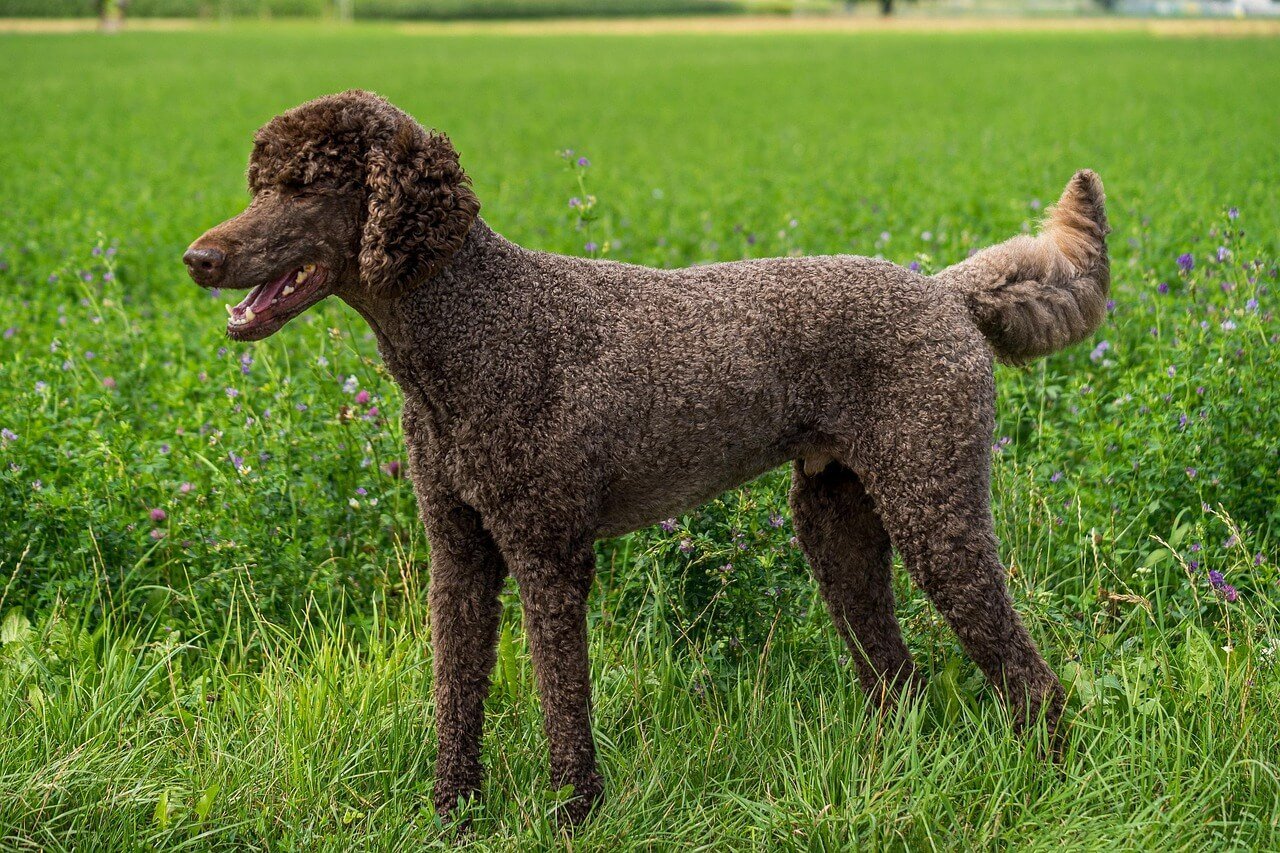Can Dogs Have Olive Oil? A Guide to Adding This Healthy Fat to Their Diet
Olive oil is often celebrated as a superfood for humans, known for its heart-healthy fats and numerous health benefits. But can dogs have olive oil too? As pet owners, we’re always looking for ways to enhance our furry friends’ diets and support their overall well-being. While olive oil can be a safe and beneficial addition to your dog’s meals, it’s important to understand how much to give, the potential benefits, and any precautions to keep in mind. In this blog post, we’ll explore everything you need to know about feeding olive oil to your dog, ensuring you make informed decisions for their health.
Is Olive Oil Safe for Dogs? Key Considerations
Yes, olive oil is generally safe for dogs when given in moderation. However, there are some important factors to consider before adding it to your pup’s diet. Here’s what you need to know:
Healthy Fats: Olive oil contains monounsaturated fats, which can support heart health and provide energy for active dogs.
Caloric Content: Olive oil is high in calories, so overfeeding can lead to weight gain or obesity if not monitored carefully.
Digestive Sensitivity: Some dogs may experience an upset stomach or diarrhea if introduced to olive oil too quickly.
Quality Matters: Always choose extra virgin olive oil (EVOO) for its purity and higher nutrient content compared to refined oils.
Moderation is Key: A little goes a long way—start with small amounts to see how your dog reacts before increasing the portion.
When used responsibly, olive oil can be a healthy supplement for your dog’s diet. Always consult your veterinarian before introducing new foods, especially if your dog has pre-existing health conditions.
Potential Benefits of Olive Oil for Dogs
Adding olive oil to your dog’s diet can offer several health benefits, thanks to its rich nutrient profile. Here’s how this versatile oil might positively impact your dog’s well-being:
Supports Skin and Coat Health: The omega-3 and omega-6 fatty acids in olive oil can help reduce dryness and promote a shiny, healthy coat.
Aids Digestion: Olive oil can act as a natural lubricant, helping to ease constipation and improve bowel movements.
Boosts Immune Function: The antioxidants in olive oil support the immune system, helping your dog fight off illnesses.
Promotes Joint Health: The anti-inflammatory properties of olive oil may benefit dogs with arthritis or joint pain.
Improves Heart Health: Monounsaturated fats can contribute to better cardiovascular function and overall heart health.
While these benefits sound promising, remember that olive oil should complement—not replace—a balanced diet tailored to your dog’s needs. Moderation is essential to avoid unintended side effects.
Check this guide 👉Can Dogs Have Raspberries? Best 7 Health Tips!
Check this guide 👉Can Dogs Have Seaweed? Best 7 Expert Tips!
Check this guide 👉Can Dogs Have Nectarine? Best 7 Health Tips!

Benefits of Olive Oil for Dogs | Risks of Feeding Olive Oil to Dogs |
|---|---|
Promotes shiny coat | High calorie content can cause weight gain |
Supports joint health | May lead to digestive upset if overfed |
Boosts immune system | Not suitable for dogs with pancreatitis |
Eases constipation | Lower-quality oils lack nutritional value |
Rich in antioxidants | Should be introduced gradually |
How to Safely Add Olive Oil to Your Dog’s Diet
If you decide to incorporate olive oil into your dog’s meals, preparation and portion control are crucial. Follow these steps to ensure it’s done safely and effectively:
Start Small: Begin with ¼ teaspoon for small dogs and 1 teaspoon for larger breeds, gradually increasing as needed.
Mix It In: Add olive oil to your dog’s regular food to make it easier for them to consume and digest.
Choose Extra Virgin Olive Oil: Opt for high-quality EVOO to maximize nutritional benefits and avoid additives.
Monitor for Reactions: Watch for signs of digestive upset, such as diarrhea or vomiting, and adjust the amount accordingly.
Consult Your Vet: Always seek professional advice before adding supplements like olive oil, especially for dogs with existing health issues.
By following these guidelines, you can safely introduce olive oil into your dog’s diet without causing discomfort or complications.
Signs Your Dog May Be Sensitive to Olive Oil
Even though olive oil is generally safe, some dogs may not tolerate it well. If your pup exhibits any adverse reactions after consuming olive oil, it could indicate sensitivity or an underlying issue. Here’s what to watch for:
Diarrhea or loose stools, which may occur if too much oil is introduced too quickly.
Vomiting or nausea, signaling that your dog’s digestive system is struggling to process the oil.
Lethargy or lack of energy, suggesting discomfort or an allergic reaction.
Excessive itching or skin irritation, which could indicate an intolerance to olive oil.
Weight gain or difficulty maintaining a healthy weight due to the high-calorie content.
If you notice any of these symptoms, reduce or eliminate olive oil from your dog’s diet and consult your veterinarian for further guidance. Every dog is unique, and what works for one may not work for another.
Exploring Alternatives to Olive Oil for Your Dog’s Diet
While olive oil is a great option, there are other healthy oils that can provide similar or additional benefits for your dog. These alternatives might be better suited depending on your dog’s specific needs or dietary restrictions. Here are some options to consider:
Fish Oil: Rich in omega-3 fatty acids, fish oil supports joint health, skin, and coat while reducing inflammation.
Coconut Oil: Contains medium-chain triglycerides (MCTs) that may boost energy and support brain function in older dogs.
Flaxseed Oil: A plant-based source of omega-3s, flaxseed oil is ideal for dogs with allergies or sensitivities to fish-based oils.
Sunflower Oil: High in vitamin E, sunflower oil supports immune function and promotes a shiny coat.
Pumpkin Seed Oil: Known for its anti-inflammatory properties, it can aid digestion and support urinary health.
Each oil has unique benefits, so choose one that aligns with your dog’s health goals. Always introduce new oils gradually and consult your vet before making changes.
Common Ingredients That Can Harm Your Dog When Combined with Oils
While adding oils like olive oil to your dog’s diet can be beneficial, certain foods or ingredients should never be paired with them. Combining oils with harmful substances can negate their benefits or even cause serious health issues. Here’s what to avoid:
Onions or Garlic: These can cause red blood cell damage and should never be mixed with any type of oil.
High-Sodium Foods: Adding oils to salty foods can increase the risk of dehydration or high blood pressure.
Artificial Sweeteners: Ingredients like xylitol are toxic to dogs and should never be combined with oils or any food.
Processed Meats: Foods like bacon or sausage are high in fat and sodium, which can overwhelm your dog’s digestive system.
Chocolate or Caffeine: These contain theobromine, which is highly toxic to dogs and should always be avoided.
By steering clear of these harmful combinations, you can ensure your dog enjoys the full benefits of healthy oils without risking their health.
How to Tell If Your Dog Could Benefit from Healthy Oils
Sometimes, subtle signs in your dog’s behavior or appearance can indicate they need a nutritional boost. Adding healthy oils like olive oil to their diet might help address these issues. Here’s how to recognize if your dog could benefit:
Dry or Flaky Skin: Persistent itching or dandruff may signal a lack of essential fatty acids in their diet.
Dull Coat: A lackluster coat that lacks shine could indicate a deficiency in omega-3 or omega-6 fatty acids.
Joint Stiffness: Difficulty moving or reluctance to play may suggest joint inflammation that healthy oils could alleviate.
Constipation: Infrequent or hard stools can be improved with the lubricating effects of oils like olive oil.
Weight Loss or Fatigue: Unexplained weight loss or low energy levels might point to a need for healthier fats for sustained energy.
If you notice any of these signs, consider discussing dietary supplements like olive oil with your veterinarian. Proper nutrition can make a significant difference in your dog’s overall health and happiness.
Frequently Asked Questions About Dogs and Olive Oil
Can dogs have olive oil every day?
Yes, but only in small amounts. Too much can lead to weight gain or digestive issues.
What type of olive oil is best for dogs?
Extra virgin olive oil (EVOO) is the purest and most nutrient-rich option.
How much olive oil can I give my dog?
Start with ¼ teaspoon for small dogs and 1 teaspoon for large dogs, adjusting based on their tolerance.
Can olive oil help with my dog’s dry skin?
Yes, the healthy fats in olive oil can moisturize the skin and improve coat condition over time.
Is olive oil safe for dogs with pancreatitis?
No, dogs with pancreatitis should avoid high-fat foods, including olive oil, unless approved by a vet.
Final Thoughts: To Share or Not to Share?
When it comes to feeding your dog olive oil, the answer lies in moderation and careful consideration. While this healthy fat can offer numerous benefits, it’s not a necessity in your dog’s diet. Always prioritize a balanced, species-appropriate diet and consult your veterinarian before introducing new supplements. Remember, your dog’s health and happiness depend on mindful choices, and sometimes the simplest additions—like a teaspoon of olive oil—can make all the difference. By staying informed and cautious, you can ensure your furry friend stays healthy and enjoys life to the fullest!
Do Cats Have Taste Buds? Best 7 Expert Tips! – Discover how cats experience flavors and why their taste is so unique.
Do Dogs Have Taste Buds? Best 7 Expert Tips! – Discover how dogs experience taste, their preferences, and what it means for their diet and health.
Can Cats Taste Sweet? Best 7 Expert Tips! – Discover why cats can’t taste sweetness, how it affects their diet, and tips to keep them healthy and happy.
Can Dogs Taste Sweet? Best 7 Expert Tips! – Discover how dogs perceive sweetness, which foods are safe, and tips to manage their sweet cravings responsibly.





